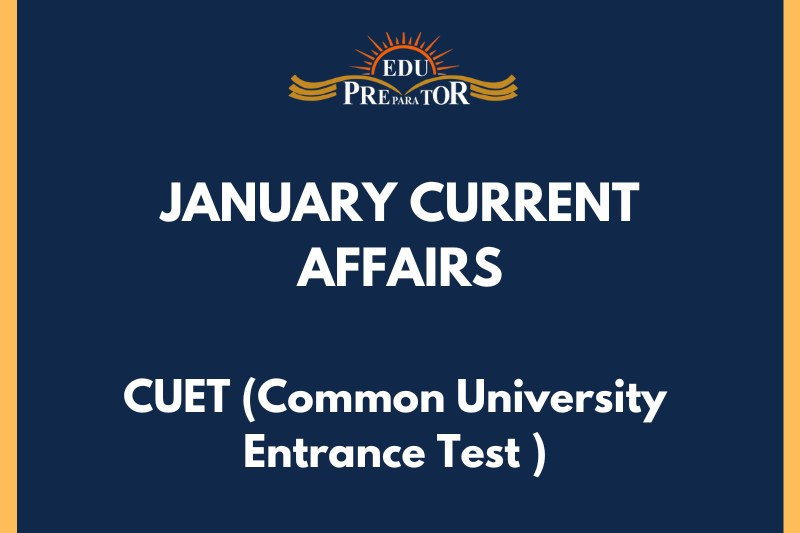
Conflict and Crisis in the Democratic Republic of Congo
1: An Overview of the Current Crisis
- The eastern Democratic Republic of Congo (DRC) is witnessing an uptick in clashes, contributing to a deteriorating humanitarian situation that's drawn global attention.
- Fatal confrontations between the Congolese army and the Rwandan-backed M23 group near Goma in North Kivu province have led to many death and prompted thousands to flee their homes.
2: Understanding the Democratic Republic of Congo (DRC)
- The DRC is situated in Central Africa and stands as the largest country in sub-Saharan Africa.
- Despite being abundant in natural resources, the nation struggles with persistent political unrest, exploitation, and conflicts, causing severe humanitarian crises.
- Balancing on a thin line of stability, the country's socio-political landscape is marred by decades of civil war, rebellions, and rampant corruption.
3: The Socioeconomic and Infrastructural Challenges
- Compounding the political instability are the country's pressing socioeconomic issues.
- The contrast between the country's potential wealth and its reality is stark. Over two-thirds of the DRC's population lives in poverty, despite the nation's enormous natural resource wealth.
- Infrastructure remains woefully inadequate, which hampers both every day life for citizens and the electoral process.
General Knowledge Points:
- The DRC is the fourth most populous country in Africa and houses over 70 million people, making its ongoing conflicts and humanitarian crises all the more pivotal.
- Rich in minerals, the DRC boasts significant reserves of cobalt, copper, tin, gold, and diamonds. However, these resources have often been a source of contention and conflict, rather than prosperity.
- History plays a crucial part in the DRC's current situation. From being colonised by Belgium to suffering under dictatorship and numerous civil wars, it remains entrapped in a cycle of crises.
- The DRC's instability indirectly affects the stability in the Great Lakes region and overall African geopolitics.
- Understanding the complexities of the Democratic Republic of Congo is key for maintaining up-to-date knowledge of international relations and African geopolitics for various government examinations.



Comments
Nam cursus tellus quis magna porta adipiscing. Donec et eros leo, non pellentesque arcu. Curabitur vitae mi enim, at vestibulum magna. Cum sociis natoque penatibus et magnis dis parturient montes, nascetur ridiculus mus. Sed sit amet sem a urna rutrumeger fringilla. Nam vel enim ipsum, et congue ante.
Cursus tellus quis magna porta adipiscin
View All